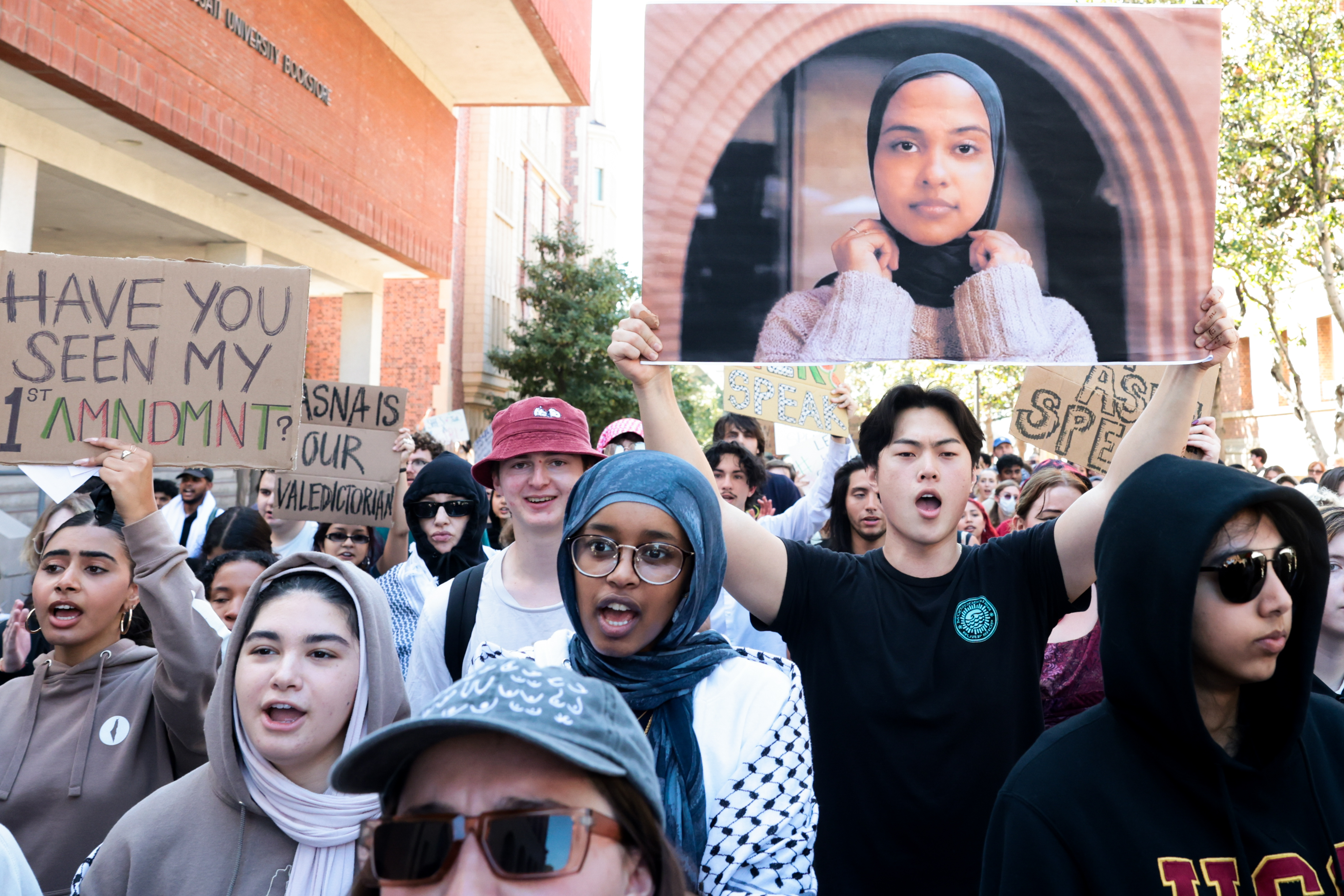The woman credited with being the first computer programmer has scored her own Google Doodle.
Augusta Ada King, the Countess of Lovelace - commonly known as Ada Lovelace - is known for her contributions to Charles Babbage’s Analytical Engine, the first fully automatic calculating machine.
Lovelace, in collaboration with Charles Babbage, wrote a description of Babbage’s creation. Her notes include step-by-step instructions on how it could calculate a sequence of rational numbers called Bernoulli numbers. This document was, in effect, the world’s first published algorithm, Google said.
She was the first to understand the significance of the machine, according to a Google blog post on Monday.
“While Babbage saw it as a mathematical calculator, Ada understood it much more potential,” Google said. “She realized it was, in essence, a machine that could manipulate symbols in accordance with the defined rules, and--crucially-- that there was no reason that symbols had to represent only numbers and equations.”
Lovelace's love for numbers developed at an early age. Her mother, Anne Isabelle Milbanke, was a mathematician and her father was the famous poet Lord Byron. In an attempt to stymie any bad habits inherited from her father, Milbanke turned her daughter's attention toward math and science, according to Google.
Armed with the knowledge of a mathematician and a writer, Lovelace argued that the device could do far more than crunch numbers. She saw its potential to make music.
U.S. & World
“Supposing, for instance, that the fundamental relations of pitched sounds in the science of harmony and of musical composition were susceptible of such expression and adaptations, the engine might compose elaborate and scientific pieces of music of any degree of complexity or extent,” Lovelace said.
The Google Doodle tracks her vision, starting from the Analytical Engine to the laptops and mobile devices used today.
“We hope today's doodle inspires people to find out more about Ada, and about the contributions made by women in general to science and technology, “ Google said.



